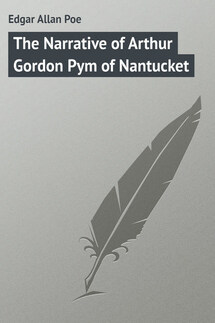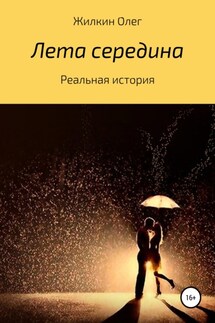Eureka - страница 3
"Ah! – 'Ability or inability to conceive,' says Mr. Mill very properly, 'is in no case to be received as a criterion of axiomatic truth.' Now, that this is a palpable truism no one in his senses will deny. Not to admit the proposition, is to insinuate a charge of variability in Truth itself, whose very title is a synonym of the Steadfast. If ability to conceive be taken as a criterion of Truth, then a truth to David Hume would very seldom be a truth to Joe; and ninety-nine hundredths of what is undeniable in Heaven would be demonstrable falsity upon Earth. The proposition of Mr. Mill, then, is sustained. I will not grant it to be an axiom; and this merely because I am showing that no axioms exist; but, with a distinction which could not have been cavilled at even by Mr. Mill himself, I am ready to grant that, if an axiom there be, then the proposition of which we speak has the fullest right to be considered an axiom – that no more absolute axiom is—and, consequently, that any subsequent proposition which shall conflict with this one primarily advanced, must be either a falsity in itself – that is to say no axiom – or, if admitted axiomatic, must at once neutralize both itself and its predecessor.
"And now, by the logic of their own propounder, let us proceed to test any one of the axioms propounded. Let us give Mr. Mill the fairest of play. We will bring the point to no ordinary issue. We will select for investigation no common-place axiom – no axiom of what, not the less preposterously because only impliedly, he terms his secondary class – as if a positive truth by definition could be either more or less positively a truth – we will select, I say, no axiom of an unquestionability so questionable as is to be found in Euclid. We will not talk, for example, about such propositions as that two straight lines cannot enclose a space, or that the whole is greater than any one of its parts. We will afford the logician every advantage. We will come at once to a proposition which he regards as the acme of the unquestionable – as the quintessence of axiomatic undeniability. Here it is – 'Contradictions cannot both be true – that is, cannot cöexist in nature.' Here Mr. Mill means, for instance, – and I give the most forcible instance conceivable – that a tree must be either a tree or not a tree – that it cannot be at the same time a tree and not a tree – all which is quite reasonable of itself and will answer remarkably well as an axiom, until we bring it into collation with an axiom insisted upon a few pages before – in other words – words which I have previously employed – until we test it by the logic of its own propounder. 'A tree,' Mr. Mill asserts, 'must be either a tree or not a tree.' Very well – and now let me ask him, why. To this little query there is but one response – I defy any man living to invent a second. The sole answer is this – 'Because we find it impossible to conceive that a tree can be any thing else than a tree or not a tree.' This, I repeat, is Mr. Mill's sole answer – he will not pretend to suggest another – and yet, by his own showing, his answer is clearly no answer at all; for has he not already required us to admit, as an axiom, that ability or inability to conceive is in no case to be taken as a criterion of axiomatic truth? Thus all – absolutely








